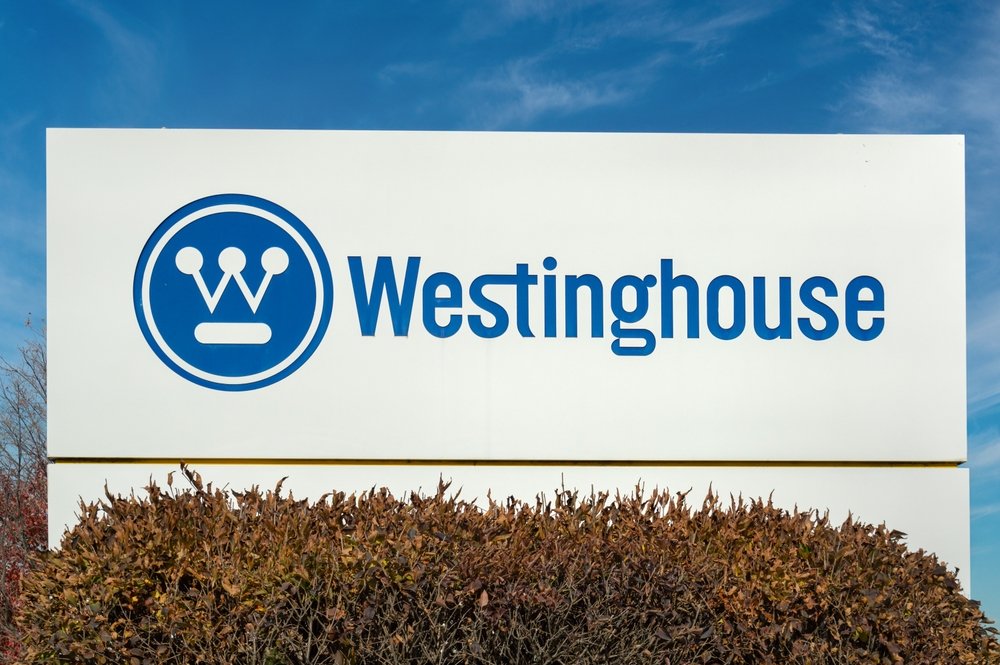The US government has awarded a historic contract to the American company Westinghouse. The contract involves an investment of at least 80 billion US dollars and is considered a cornerstone of a new energy policy. The goal is the massive expansion of nuclear energy, which is intended to play a key role in the national electricity strategy in the future. The reactor manufacturer thus benefits from one of the largest capital projects in the history of US industry, one that sets new standards both economically and geopolitically. (ft: 28.10.25)
New Order Marks Turning Point
This order marks a new phase for nuclear power in the United States. The planned reactors are primarily intended to meet the increasing energy demands of data centers and AI infrastructure. According to government sources, the majority of the funding will go to AP1000 reactors, a proven reactor design from Westinghouse. While previous projects like Plant Vogtle experienced delays, the model is now considered technologically mature.

The agreement grants the state comprehensive participation rights. If Westinghouse’s company value exceeds $30 billion, the government is entitled to initiate a stock market listing and participate in the profits. This structure combines economic interests with energy policy control – a rare balancing act in American electricity strategy.
Strategic Investment with Global Implications
The investment is part of a comprehensive trade agreement with Japan. A portion of the $550 billion package flows directly into the development of modern reactor technologies. This deepens cooperation between the US and Japan – a clear signal to China and Russia. For Tokyo, the capital project also offers new export opportunities and access to American markets.
The contract is also significant from an economic perspective. It creates jobs, strengthens the mechanical engineering sector, and revitalizes supply chains in the energy sector. Nuclear power is once again considered a future technology that enables CO₂-free baseload power generation. At the same time, politicians hope for a renaissance of domestic industry, which will become more competitive through stable energy prices.
Opportunities and Challenges
Proponents emphasize the strategic role of nuclear energy for an independent energy supply. Critics, on the other hand, point to long construction times and high cost risks. The investment is associated with significant financial commitments, and any delay could cost billions. Nevertheless, the program is considered a symbol of the USA’s technological self-confidence.
US energy policy aims to achieve an installed nuclear capacity of 400 gigawatts by 2050. With this, the country intends to reduce its dependence on fossil fuels and stabilize its electricity strategy in the long term. The combination of economic strength, geopolitical security, and industrial innovation gives the contract symbolic significance for other industrialized nations.
The $80 billion contract awarded to Westinghouse marks the beginning of a new era of nuclear energy in the USA. This capital project strengthens not only energy policy but also America’s role as a global technology leader. Despite the high costs, the contract could become a turning point for nuclear power worldwide – demonstrating that strategic planning and industrial strength remain closely intertwined.
